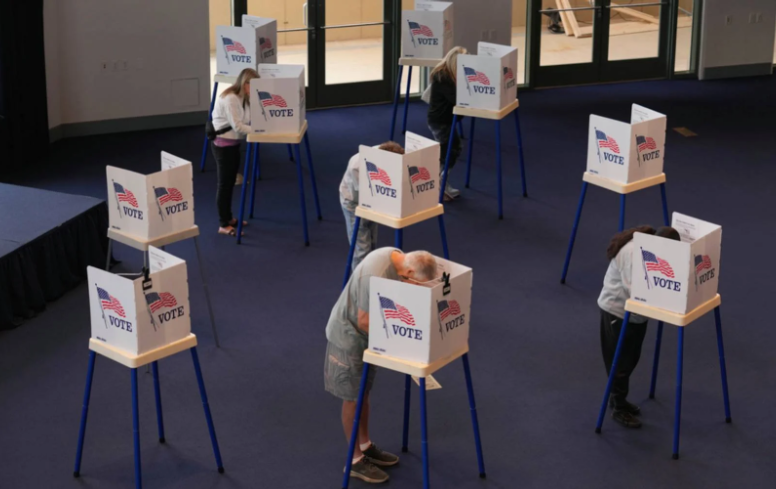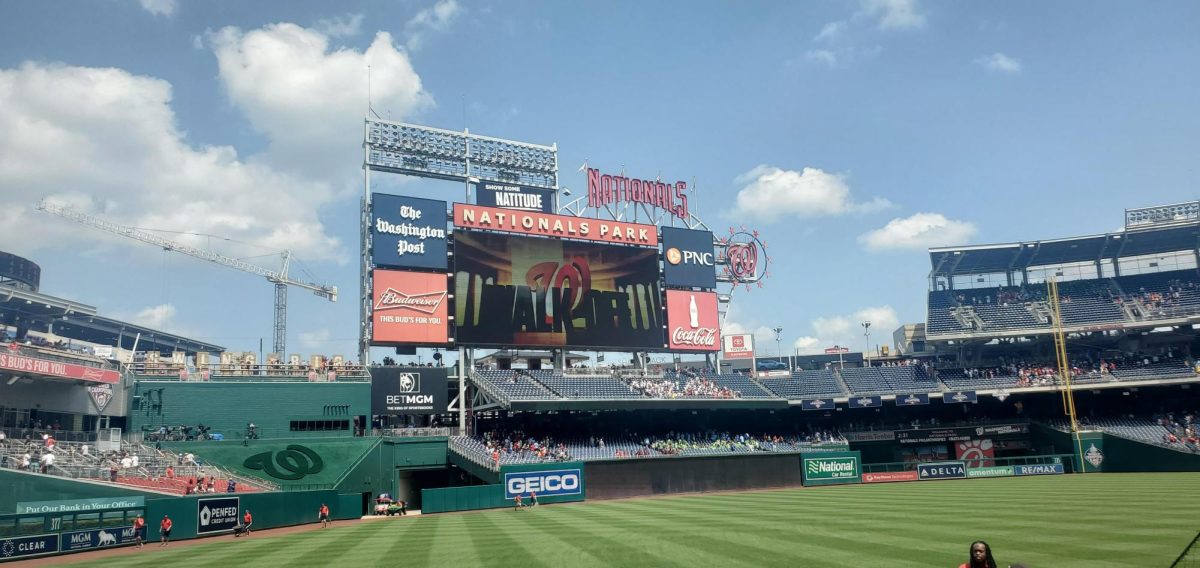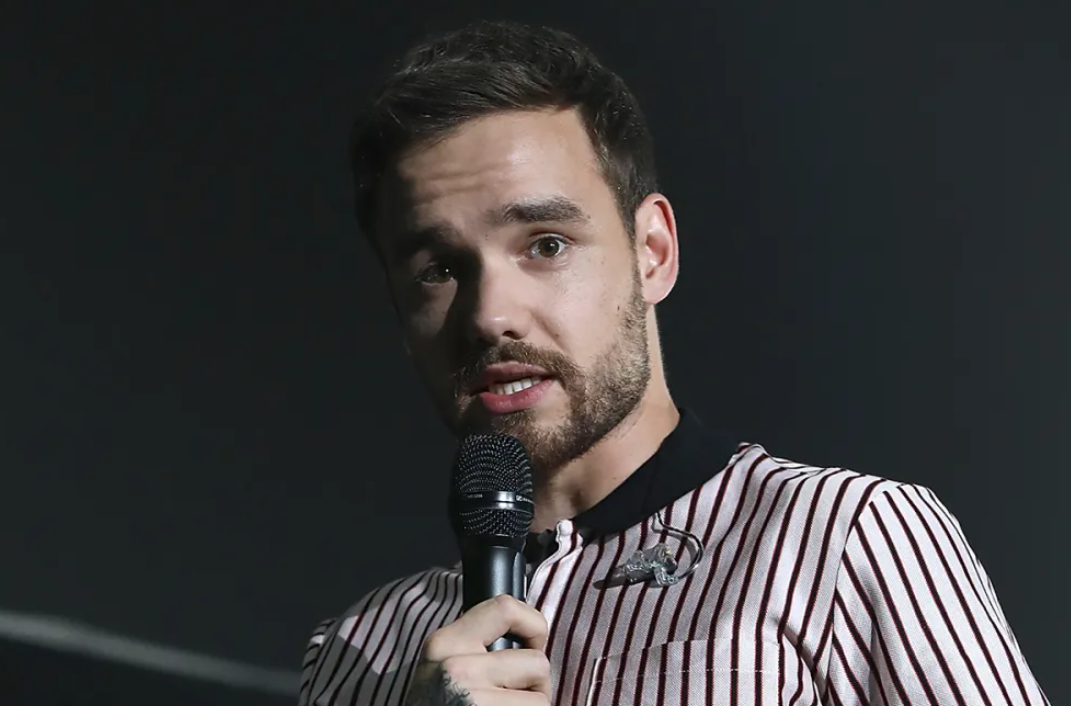. Becoming a senior on paper is widely considered one of the most anticipated moments of your life. You feel liberated. You’re legally considered an adult by the American government, delivering a surge of independence in this significant timestamp of life. Although most people who accomplish this milestone are usually still enrolled in school, they are at the end of their academic years. You have to prepare for calculated directions to take and unlock a variety of activities to do at this age. Not only do you have these significant decisions in life, you are given many responsibilities. Any mistake you stumble upon can only be blamed on yourself.
. Along with these personal choices and liabilities, you are given the right to vote in the United States. With your decisions in life, voting can determine what you want for the future. Whether it’s a local election, or voting for the next presidential term, it is an overwhelming amount of choices that barge into your life at once.
. Voting has not been as prominent amongst new generations. Regardless of the flurries of advertisements presented on air, paid by multimillion-dollar electoral campaigns, less than ½ of the American population goes out of their way to vote. It dismantles the purpose of the variety of straightforward options that we have. Public buildings, such as schools, including Westfield, are utilized as voting centers across the . United States on election days. With the presidential election in just a few days, it reintroduces a recurring question: why do the majority of younger generations choose not to vote?
. The answer to this question is due to several reasons, but one of them is the strong controversy that comes from politics. So much controversy comes with voting, and many people choose to distance themselves from this, understandably. Many younger people also believe the system is outdated, and voter apathy has been more prominent. There have been countless controversies with voting. Even the most minor mistakes can be highlighted by a media source and can annihilate the public trustworthiness of elections. Regardless, sources from NPR have stated that both presidential candidates Donald Trump and Kamala Harris have taken numerous steps to gain the attention of younger audiences. Methods such as social media accounts on platforms like TikTok, advertisements in school newspapers, holding rallies at colleges, and even recruiting Gen Z campaign workers and advisors.
. Moving on, another reason why the amount of juvenile voters is so low is also due to a decline in civic education. A survey taken by the U.S Chamber of Commerce Foundation showed that 70% of Americans fail a basic civics quiz when it is on topics like the three branches of government, the number of Supreme Court justices, and other principal functions of our democracy. Although here in FCPS and broadband Virginia, civics is mandated as shown on the FCPS website; the state of Virginia is only one of nine states requiring one full year of a civics course in a student’s curriculum. With no nationally mandated curriculum, the level of education a student can receive in civics courses varies by region. The importance of state-mandated civic education is immeasurable. Considering the process of the election, and how it functions in the array of statewide delegates, the absence of civics courses in certain states could flaw a younger voter’s perspective on a candidate or how the preliminaries of election work. Ultimately, the negligence of civic education, the hostile controversies embedded with politics, and societal doubt are why younger generations are not as inclined to vote.
NEW GENERATIONS, NEW CHOICES
0
More to Discover
About the Contributor
Guery Escobar Arce, Staff Writer
I’m Guery Escobar Arce, I’m a 15 year old sophomore, and a new staff writer. I’m a Ravens fan and love experimental music. I make beats on Ableton. Expect my articles to be focused on music-related news, boring local issues and sports.





